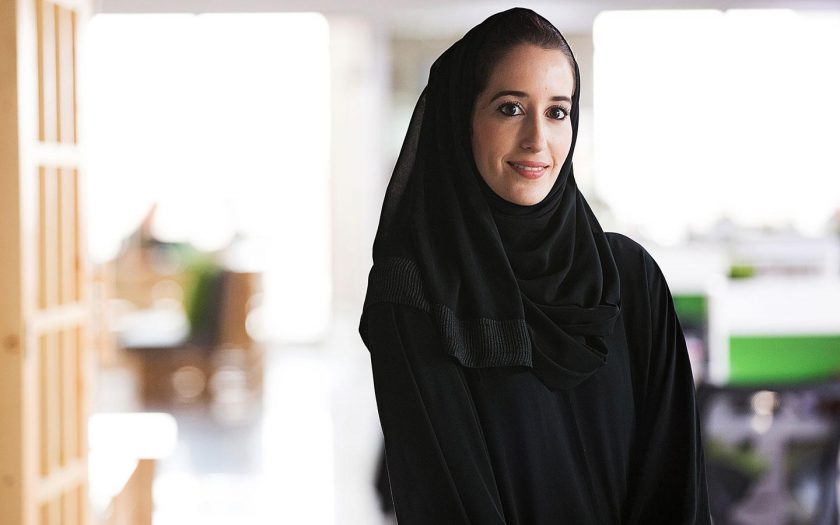Understanding the ‘Sustainable Blue Economy’
Director general of Emirates Nature-WWF, Laila Mostafa Abdullatif, explains how we can unlock the opportunities of the ocean

Unfamiliar with the Sustainable Blue Economy? Don’t worry, according to new research by Emirates Nature-WWF you are not alone. A new study has revealed many UAE-based business leaders are not only unfamiliar with the key concepts of the Sustainable Blue Economy, they are unaware of the ocean of opportunity its presents.
While there are varying definitions of the Sustainable Blue Economy, WWF has defined it as a regulated and regenerative marine-based economy that provides social and economic benefits for current and future generations, while restoring, protecting and maintaining the diversity, productivity and resilience of marine ecosystems.
In business terms, the Sustainable Blue Economy is an extension of the more familiar Green Economy, an economic concept that aims to reduce environmental risks, while seeking sustainable economic development.
In recent years, the Sustainable Blue Economy has gained momentum in policy usage across the world. Here in the UAE interest is also rising, especially as government and businesses alike are in the midst of a sustainability transformation, leading the country towards a sustainable economic model for the future.
A business case for the Sustainable Blue Economy
Historically, this nation’s deep marine connection began with pearl diving and seaborne trade spanning many centuries, while in modern times a large part of the economy benefits from shipping, fishing, leisure and tourism.
Today, the UAE’s business community is signalling a growing interest in achieving sustainable productivity well into the future. Furthermore, leaders in the field such as the UAE’s Ministry of Climate Change and Environment, Environment Agency-Abu Dhabi and The Environment and Protected Areas Authority, in collaboration with their partners in the public and private sectors, continue to work towards greater protection of the marine and coastal environment and the preservation of its vital role.
The health of our marine ecosystems has a direct impact on the success of several industries, including food, water, transport and energy, as well as tourism and recreation. By implementing Sustainable Blue Economy principles, we ensure responsible marine practices, planning and management that directly benefits the economy, business and society. This in turn helps facilitate the UAE’s future economic sustainability in a rapidly evolving and diversified economy.
A blueprint for action
The Economist’s Sixth Annual World Ocean Summit, taking place in the Middle East for the first time, will take place in Abu Dhabi on March 5-7. The summit represents a major occasion for mainstreaming the Sustainable Blue Economy with key business and government audiences. With the ocean economy now recognised as the world’s seventh largest economy, the event will create a much-needed space to discuss the perilous state of our oceans and the need to dramatically change our approach to avoid catastrophic consequences.
The UAE government, by hosting this event in Abu Dhabi, has shown its keen vision and willingness to take a leadership role in the discussion. Through its global scientific and technical network, Emirates Nature-WWF is exploring the local business context of the Sustainable Blue Economy, and the opportunities, risks and rewards associated with it. The findings of the recent research study will be released at the end of March, while companies that are passionate about the environment can support conservation efforts in the UAE by signing up to Emirates Nature-WWF’s Sustainability Partnership Programme.
With the overall global value of key ocean assets totalling $24 trillion, it is imperative for the UAE business community to advocate for the Sustainable Blue Economy to sustain future economic success. The question of a Sustainable Blue Economy is not only environmental, it is equally economic and societal too, the cost of which is too great to ignore.
